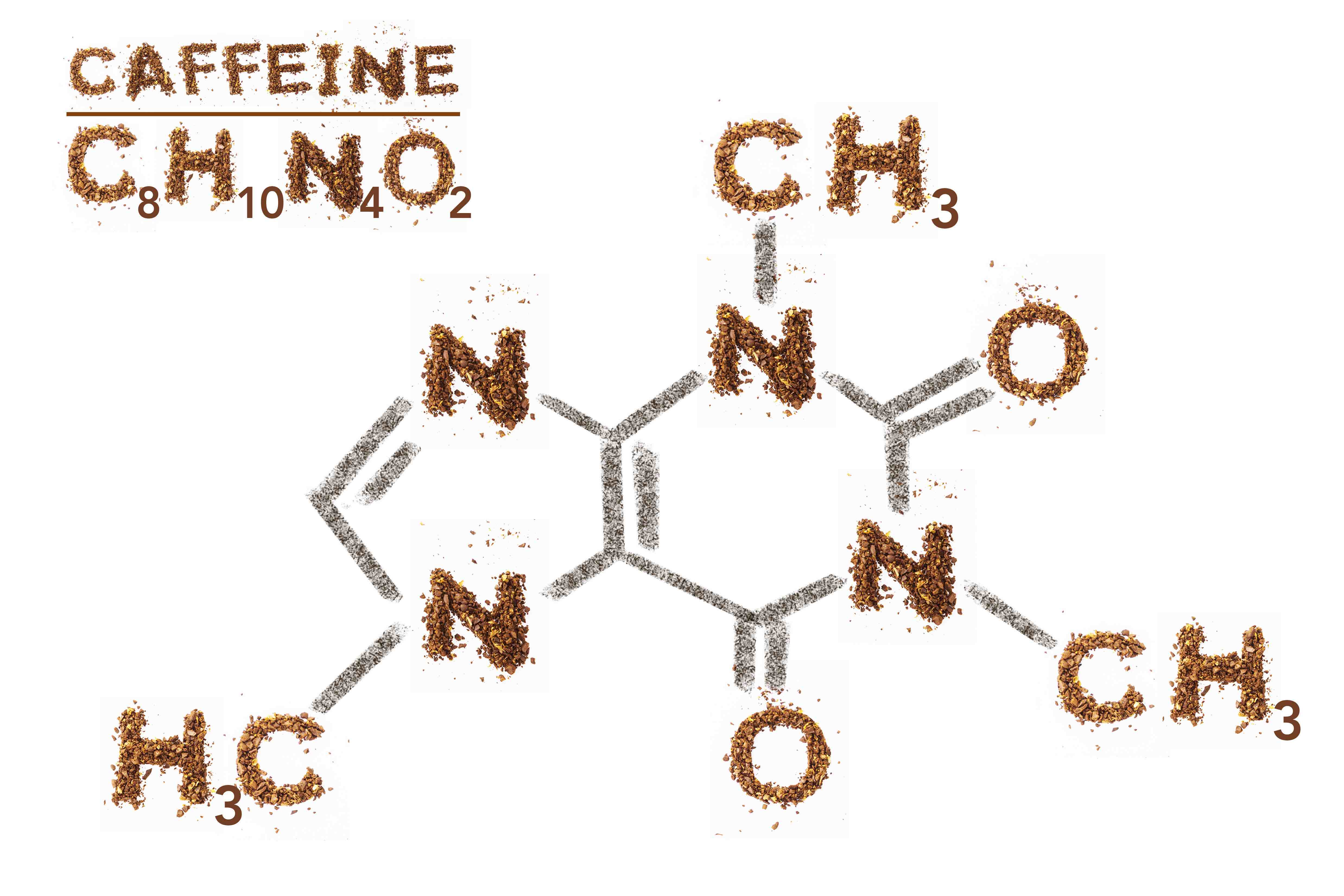Caffeine can reduce inflammation in patients with eczema and psoriasis
 Doctors at the Psoriasis: From Gene to Clinic International Congress in London presented their findings on the use of caffeine to reduce inflammation in patients with atopic dermatitis and psoriasis. Their review found that caffeine acts in a number of ways to improve symptoms of inflammation, making it an effective therapy to complement primary treatments for eczema or psoriasis, namely topical corticosteroids.
Doctors at the Psoriasis: From Gene to Clinic International Congress in London presented their findings on the use of caffeine to reduce inflammation in patients with atopic dermatitis and psoriasis. Their review found that caffeine acts in a number of ways to improve symptoms of inflammation, making it an effective therapy to complement primary treatments for eczema or psoriasis, namely topical corticosteroids.
Caffeine has been shown to inhibit the enzyme that degrades cAMP, phosphodiesterase, and so raise the levels of this molecule back to normal and counter the inflammation. Caffeine also plays a helpful role in cell death to reduce inflammation and encourages damaged cells to promptly trigger apoptosis as well as having effects which prevent cells from dying prematurely from necrosis when damaged by oxidative stress. These properties, in addition to further anti-oxidising (free radical fighting) effects of the caffeine’s metabolites, may also reduce inflammation.
The researchers, from Alfaisal University, Riyadh and Mount Sinai Health System, New York, emphasised that although oral intake may have a positive effect, a topical approach is much more likely to produce improvement. This would involve adding caffeine to steroid creams and then applying the cream to the skin. Dr Mais Alashqar, one of the researchers, said, “This review on the potential for caffeine to reduce inflammation in skin disease patients has been a long time coming. We still don’t add caffeine to topical steroids that patients use daily. It is a simple step that could significantly benefit the many patients around the world that suffer from inflammatory skin conditions like eczema or psoriasis.”

